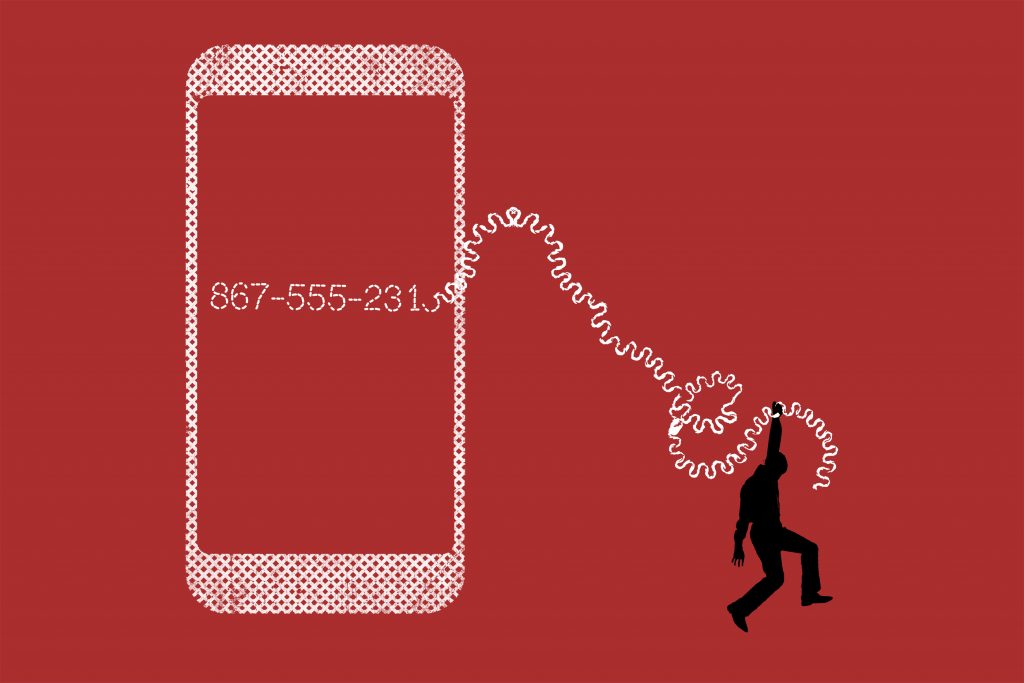For as long as technology exists in our world, there will always be people around who’ll manipulate it for their own gains. Such is the case with cellular phones as well, where your biggest asset on the device – your phone number – is hardly safe from malicious advances.
As it happens, criminals can access your phone numbers simply by taking on your identity, before proceeding to move the number to another phone. From there on, things quickly go downhill as they receive security codes via SMS and use them to reach your bank account and other “secure” services.
This fairly simple scheme is known as a port out scam, so called because of the transfer or “porting” of your current phone number to another carrier. This tends to be a particularly thorny problem in our world because of the slew of online accounts in your possession that use two-factor authentication. Porting allows the criminal in question to get these codes as well thereby enabling him or her to access your private details, and leaving you with quite an immense loss.
Now that the malicious method is clear, let’s take a look at what one can do to fortify oneself against these advances. To start with, it would be a great idea to set a very secure PIN with your cellular carrier, because it is ultimately required when porting your number.
In fact, in the past, the reason porting was so prevalent was because many carriers simply kept the last four digits of the user’s Social Security Number (SSN) as the PIN, which is obviously not hard to determine. Consider using a passcode manager to generate strong passcodes and PINs, and keep track of them.
Additionally, it is wiser to adopt alternatives to two-step verification via SMS, such as authenticator apps like Microsoft Authenticator.
Finally, a more cautious approach would entail having a secondary “disposable” number that people can use to reach out to you but it’s not tied to anything of critical importance so that even if it falls prey to port out scams, there is a minimal loss on your side.




 Ten Pakistani startups to launch accelerated global expansion plans via Austin, Texas
Ten Pakistani startups to launch accelerated global expansion plans via Austin, Texas